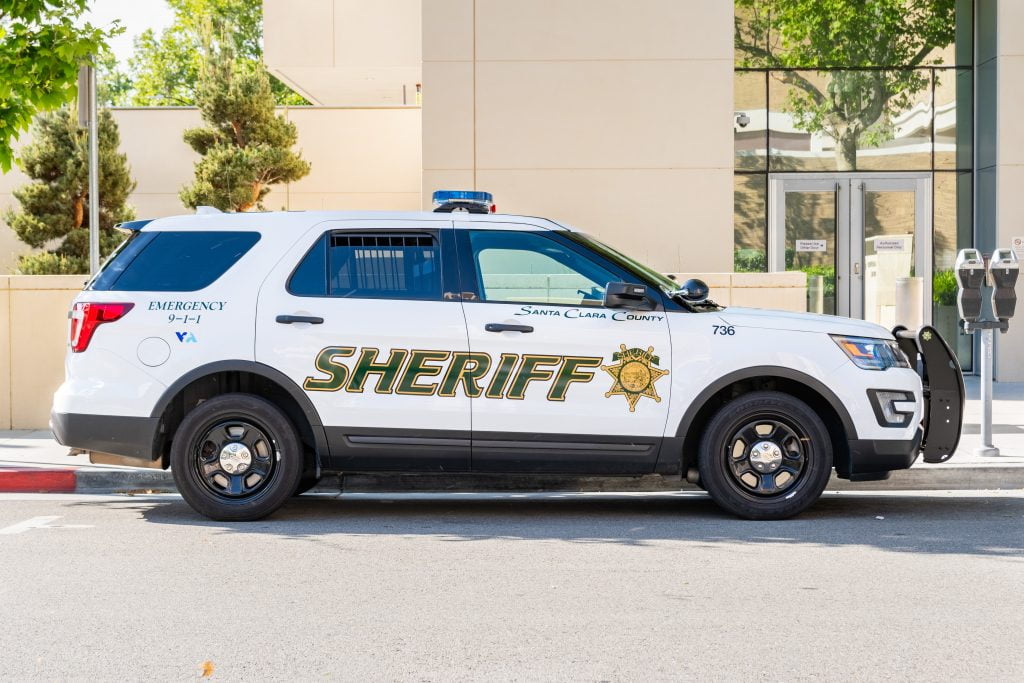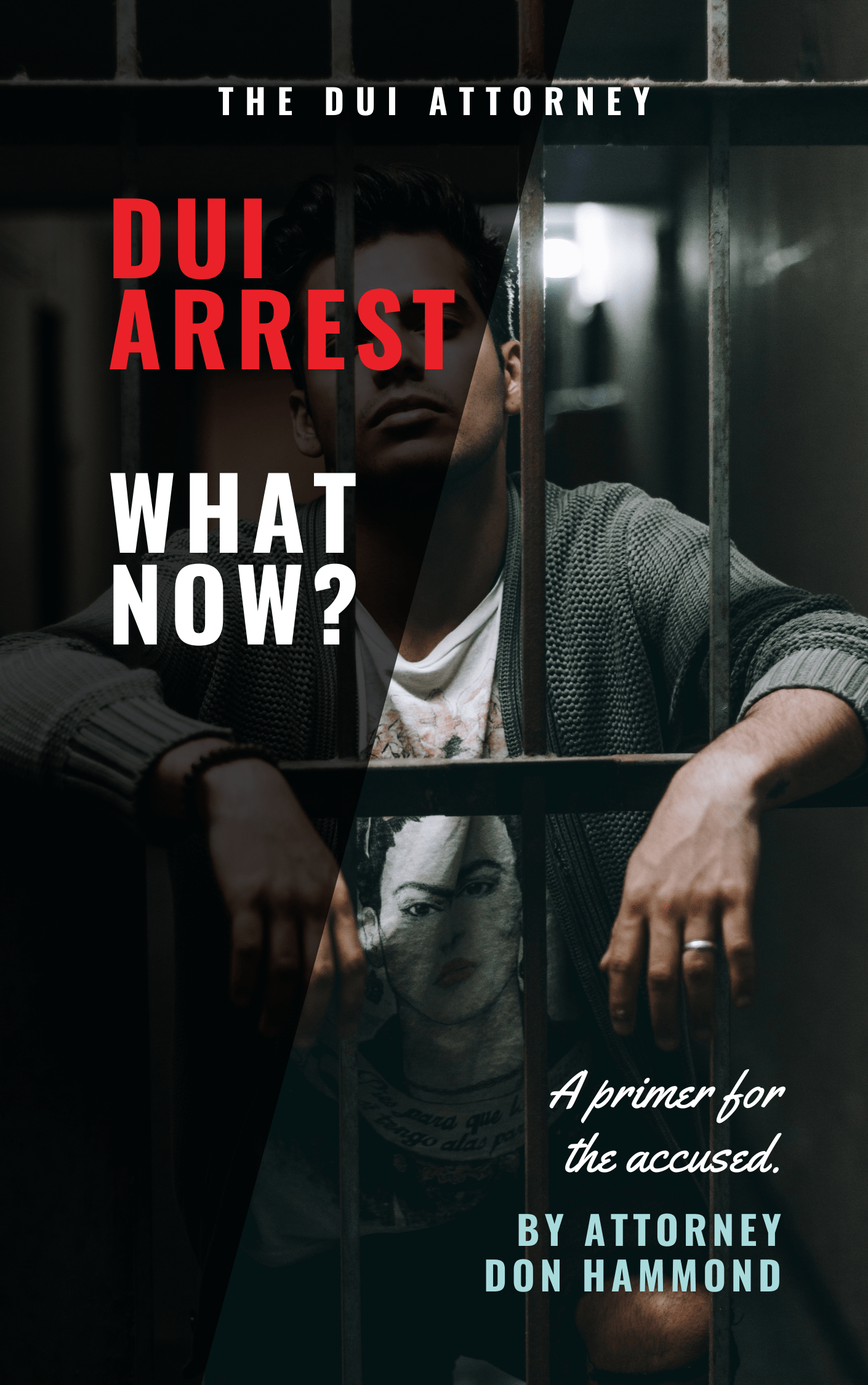
A DUI charge kicks off two completely separate processes in California: the court process and the Department of Motor Vehicles (DMV) process. These processes are completely separate and have very little to do with one another. Upon leaving the station after a DUI arrest, the individual will have a temporary driver’s license that will remain in effect for 30 days, after which it will be automatically suspended unless a hearing with the DMV is requested. If the hearing is requested, the individual will be given a temporary license until the results of the hearing.
The local driver safety office that I work with the most is scheduling hearings about three months out; during this time, clients have a valid temporary license that allows them to continue driving with no restrictions. However, they will not have the physical hardcopy of their photo I.D. driver’s license. In the meantime, some clients might want to carry their passport or get a California I.D. card for the purposes of proving their identity.
There are many reasons that justify the delay of the DMV hearing. During the time that it is delayed, clients are able to keep their valid and unrestricted driver’s license, which they appreciate. In the past, we have been able to get this hearing delayed for more than a year. We always insist on having these hearings held in-person, which is the defendant’s right. However, as a result of the coronavirus pandemic, in-person hearings were suspended under guidance from the governor to mandate and force telephonic hearings; we have lodged appropriate objections in every case, but we will have to go through with some telephonic hearings during this time.
Generally, the court will not suspend a driver’s license. However, upon a conviction for DUI in court, it will trigger the DMV to issue a six-month license suspension. Most people are going to be eligible for an immediate ignition interlock device and a license with no other restrictions. Other options include getting a restricted license allowing travel to and from work for a longer period of time, or not driving for the entire term of the suspension and getting the driver’s license back after the term of suspension has elapsed.
For its own process, the DMV wants a four-month driver’s license suspension, which is why it is important to coordinate these processes. To elaborate, it may be best to handle the case in a way that allows for the four-month DMV suspension to align with the six-month conviction-based suspension; if these suspensions do not run at the same time, then the defendant may end up with a suspended license for a total of 10 months.
In California, there are DMV hearing officers, who are individuals (not lawyers) that receive rather sparse legal training from the DMV and serve as both the judge and prosecutor at DMV hearings. The hearing officer will put on their case, which will consist of the police report, the read out from the breath machine, and the DMV forms that the officer completed which state that the defendant was driving under the influence. They will ask whether I have any objections, to which I may state that I object to the documents on the basis of them being hearsay, lacking foundation, and not being authenticated.
The DMV officer will then allow me to put on my case, which might consist of medical records demonstrating that my client was not an appropriate candidate for a field sobriety test or breathalyzer device, and showing that their performance on the field sobriety tests does not indicate impairment. We may also bring in expert witnesses to testify about those issues and why the chemical tests are inaccurate, as well as explain how the police officer failed to properly conduct the field sobriety tests. We will present all of this to the hearing officer, who will respond with something like, “That’s nice, I win.” It’s like playing a card game with a five-year-old, and it’s really not a friendly place to be for someone who is not experienced in this area.
Very often, I delay these hearings until the appropriate time to strike, which is after we have marshalled our evidence and are in the best position to proceed with the hearing. Alternatively, if we have already taken a deal in court and we want to align the
suspensions, then we may cancel the DMV hearing in order to do so. Managing this process can be challenging.
Losing the DMV hearing will result in a four-month license suspension, in a first-time, “standard” case. If the defendant has a prior DUI on their record, then there will usually be a one-year suspension. If the defendant is on DUI probation, then there’s a 0.01 BAC standard with a rebuttable presumption based on that preliminary alcohol screening device. In other words, there is zero tolerance on DUI probation. If arrested for driving with a blood alcohol concentration over 0.01 while on DUI probation, there will be a one-year license suspension from the DMV. These suspension periods and restricted license options change from time to time, so it’s important to stay up to date on changes in the law. I keep a chart on my desk.
For more information on Awaiting Court Date In A CA DUI Case, an initial consultation is your next best step. Get the information and legal answers you are seeking by calling (323) 529-3660 today.










